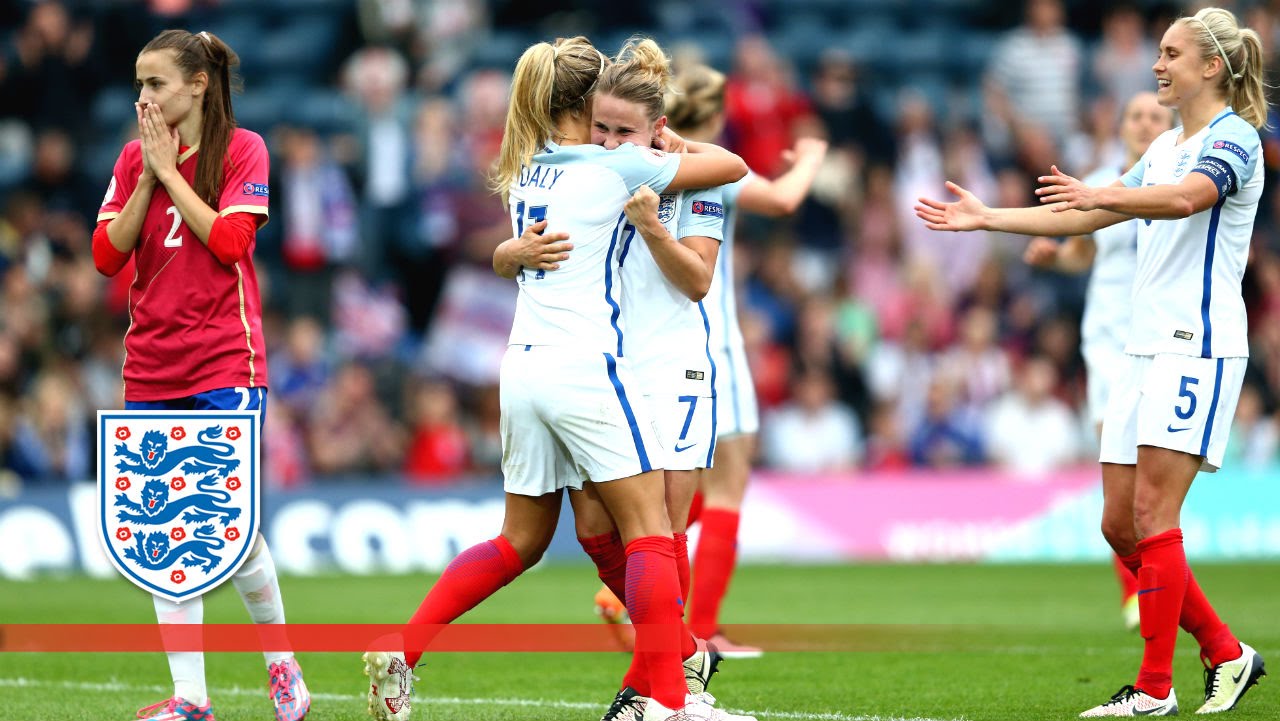Manchester United are undoubtedly one of the biggest football clubs in the world, worth an estimated $2.23 billion and drawing support from across the globe. However, the club has been lagging behind its rivals on the subject of women’s football. As at the time of writing, Manchester United do not have, nor do they have any immediate plans to create, a women’s team as an integrated part of the Old Trafford club.
The women’s game continues to rise in popularity on and off the field, exemplified by the success of the England national team, and it is increasingly absurd that United are silent on the issue. While there is obviously a long way to go until the women’s game reaches the same level as men’s football, particularly in terms of funding, the sport continues to develop. Recent figures suggest women’s football is now the UK’s fourth largest participation sport, and the scope for further increase is massive.
That being the case, it is shocking that United continue to ignore these facts. While United fans may be sick of comparison to their Manchester neighbours, Manchester City have a clear commitment to their women’s team. As City’s Women are an integrated part of the club and backed financially in a similar vein to Pep Guardiola’s side, as seen in City signing one of the world’s superstars in Carli Lloyd. Furthermore, City has recently merged their men’s and women’s Twitter accounts, once again highlighting the club’s clear commitment to their women’s team. And while many clubs like City have championed Women’s football, United continue to claim the introduction of a women’s team is ‘under review’.
It is unfair for the millions of female supporters of the club, who should have the same ability as players like Marcus Rashford and Jesse Lingard. In terms of fulfilling their childhood dreams of representing the Red Devils. A women’s team would engage more female supporters of the club, who quite rightly feel disenfranchised. And this could help foster greater female involvement across all levels of the club, from women players to challenging the club’s old and male hierarchy. Indeed, recently appointed England coach Phil Neville has claimed he will be ‘encouraging’ his former club to be one of the ‘leaders’ of the women’s game.
The success of the women’s game is plain to see, as shown by the national team’s success in World Cup 2015 and the recent European championships, outperforming their male counterparts in consecutive semi-final runs. It appears that everyone but Manchester United has their eyes open to the success and potential of the women’s game, and this will come back to haunt the Old Trafford club in years to come.
By Cian Fox

